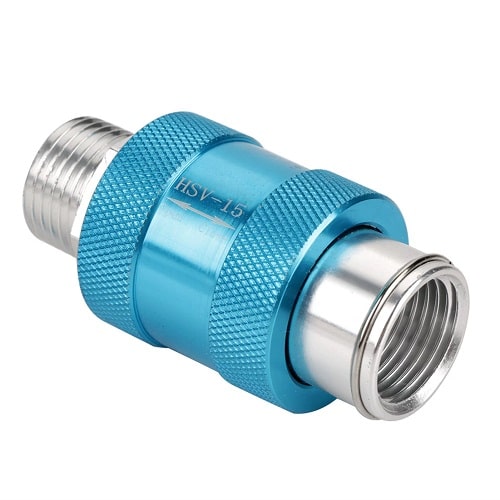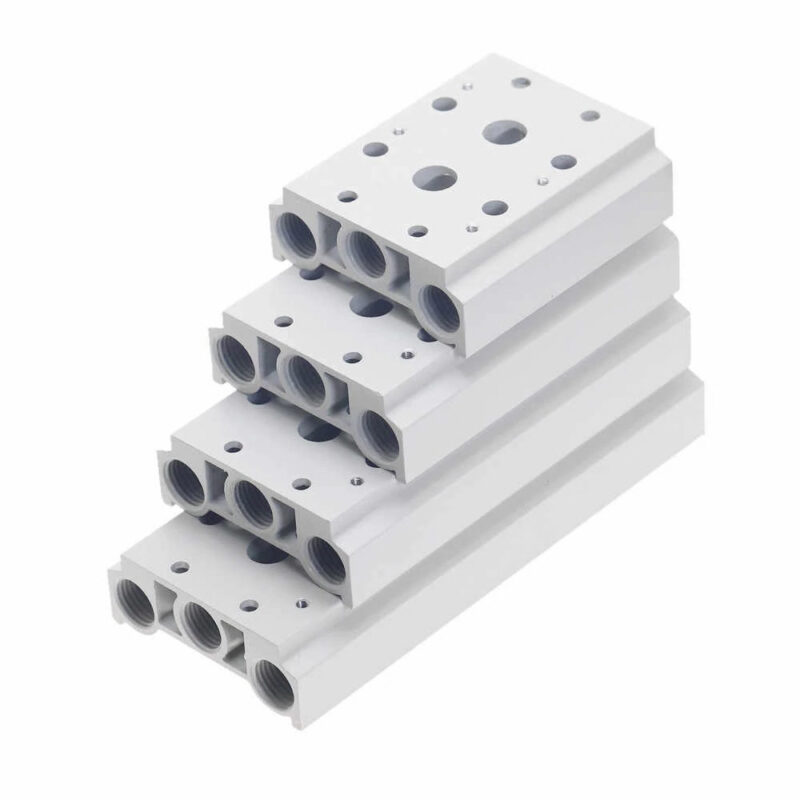Directional control valves are essential parts of pneumatic systems. They are responsible for controlling the flow of compressed air in these systems. Often referred to as air-operated valves, their function is crucial in facilitating the execution of diverse tasks by pneumatic systems in different industries.
Find the Right Directional Control Valve for Your Needs
Choosing the right valve is essential for optimizing system performance and achieving desired outcomes across various industries. With a diverse range of valves available, finding the right one for your application might seem confusing, but don’t worry we are here to help you. Here’s how to navigate through our selection:
-
Identify Your Application Needs
To find the right valve, you need to understand the specific requirements of your pneumatic system. Consider factors such as flow rate, pressure range, actuation method, and environmental conditions.
-
Consider Valve Actuation
Decide on the actuation method best suited for your application, whether it’s manual, mechanical, solenoid, or pilot-operated. Each actuation type offers distinct advantages based on control precision and automation requirements.
-
Determine Valve Type
Explore our variety of valve types and choose the valve configuration that aligns with your system’s functionality.
3/2-way — The first digit shows the number of ports the pneumatic valve has, and the second digit indicates the number of states. The three ports are inlet (P), outlet (A), and exhaust (R). And the two conditions are open (air flows from the inlet to the outlet) and closed (from the outlet to the exhaust). This valve controls a single-acting actuator and can be mono-stable or bi-stable.
5/2-way — This pneumatic valve has five ports and two states. The ports include one pressure port (P), (A), and (B) output ports and two exhaust ports (S) and (R). This pneumatic valve controls a double-acting actuator and can be mono-stable or bi-stable.
5/3-way — This valve has five ports and three states. The valve is mono-stable and goes back to the center position whenever the solenoids are not in their energized state.
-
Ensure Compatibility
Make sure compatibility between the chosen valve and other components within your pneumatic system, such as cylinders, actuators, and fittings. Compatibility ensures smooth integration and optimal performance.
Explore our wide range of high-quality directional valves above and find high-quality valves for your system to ensure it is operating smoothly and effectively.







